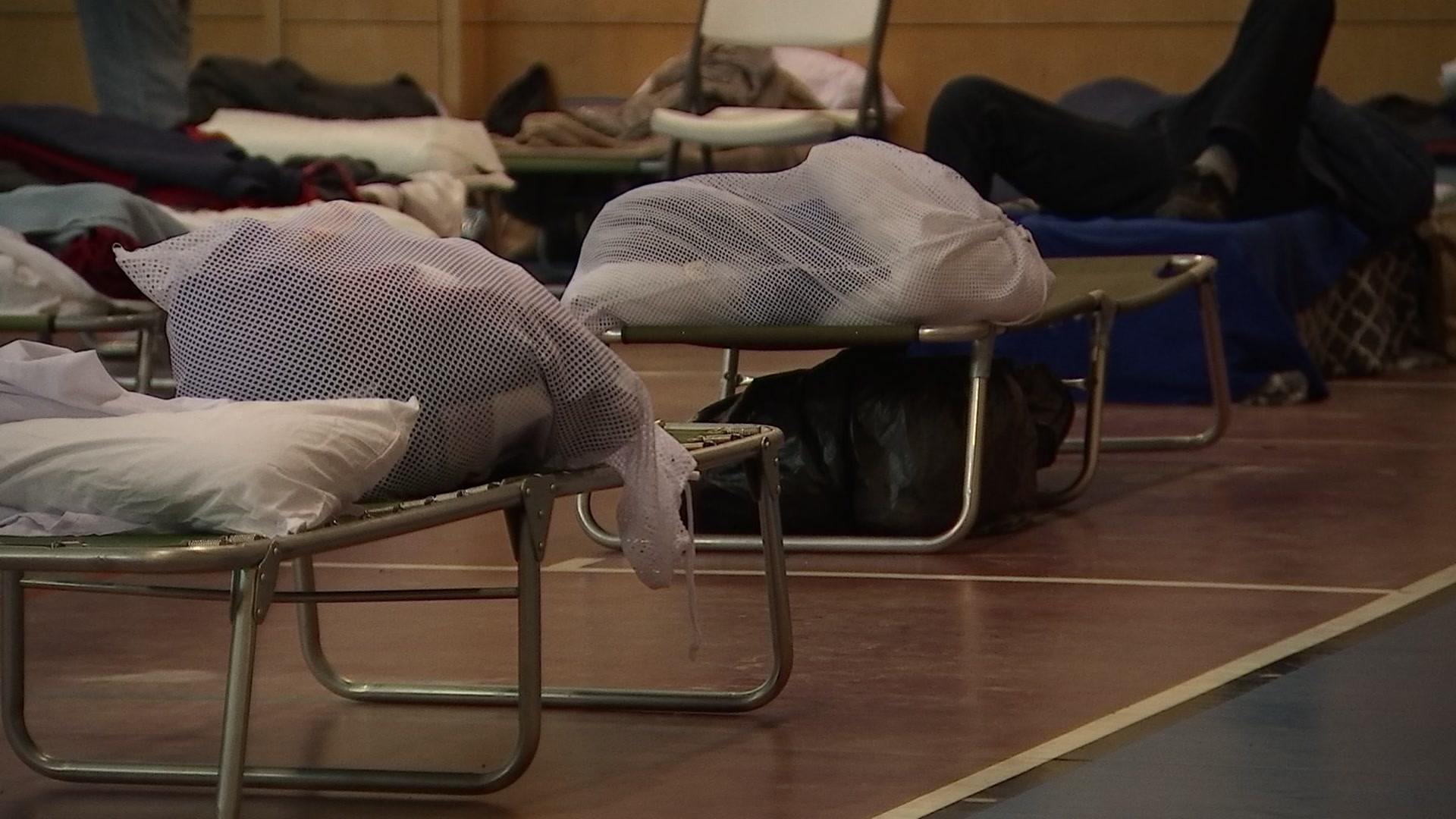From hotels to restaurants and stores, it’s a busy time for the hospitality industry which is simultaneously dealing with a busy holiday season, supply chain issues, and the ongoing spread of the omicron variant of COVID-19.
At Funkytown Donuts, owner Brandon Moors said business is doing much better compared to this time last year.
“We’ve definitely seen the increase in catering orders, things like that. Kind of large orders for the Hotel Drover downtown, which has been nice. Some last-minute orders for businesses and things, so it’s been really good,” Moors said.
Like other businesses, Moors said they’re getting back on track but revenue isn’t quite where it was in 2019 pre-pandemic. At their stores, the mask policy for employees has remained in place.
Get top local stories in DFW delivered to you every morning. >Sign up for NBC DFW's News Headlines newsletter.
“We had planned on kind of loosening up in the new year however with omicron, I think we’re going to hold off a little bit longer,” he said. “As far as we know, we’ve been able to get through COVID pretty much without having any employees get sick through the shop.”
Kelsey Erickson Streufert with Texas Restaurant Association said there is some concern with how the new variant could impact businesses. Omicron already accounts for 94% of new cases in Texas, experts said.
“I think we are going to see restaurants adjust. They’re certainly going to double down on those safety protocols that have gotten us through this pandemic,” Erickson Streufert said.
Local
The latest news from around North Texas.
Responding to the new variant is just one of the challenges businesses are facing, she added. Staffing and supply chain issues have also been tough on businesses.
“For example, 91% of our Texas operators are reporting higher labor costs than pre-pandemic, 96% are reporting higher food costs. In fact, wholesale food prices are increasing at their fastest rate since 1980,” she said. “Restaurants are a low-profit margin business in good times. So, when you’re seeing those costs really increase on the front end, that makes it harder for restaurants to turn a profit and really rebuild financially from the past two years.”
However, she also noted strong consumer demand was encouraging news.
“We’re seeing a lot more restaurants use the ‘kitchen sink’ approach, where they got a great on-premise dining model. They also offer takeout and deliveries,” she said. “They’re really promoting holiday specials in packages, they’ve got catering orders and they’re really promoting things like gift cards and merchandise.”
For businesses like Funkytown Donuts, Moors said they’re adjusting to the supply chain challenges as best they can while also encouraging the public to continue shopping local, if possible.
“Unfortunately, we’ve had to increase costs a little bit on donuts just to make everything work,” Moors said. “We buy local so when you’re buying local from us, you’re also buying from other local companies.”



